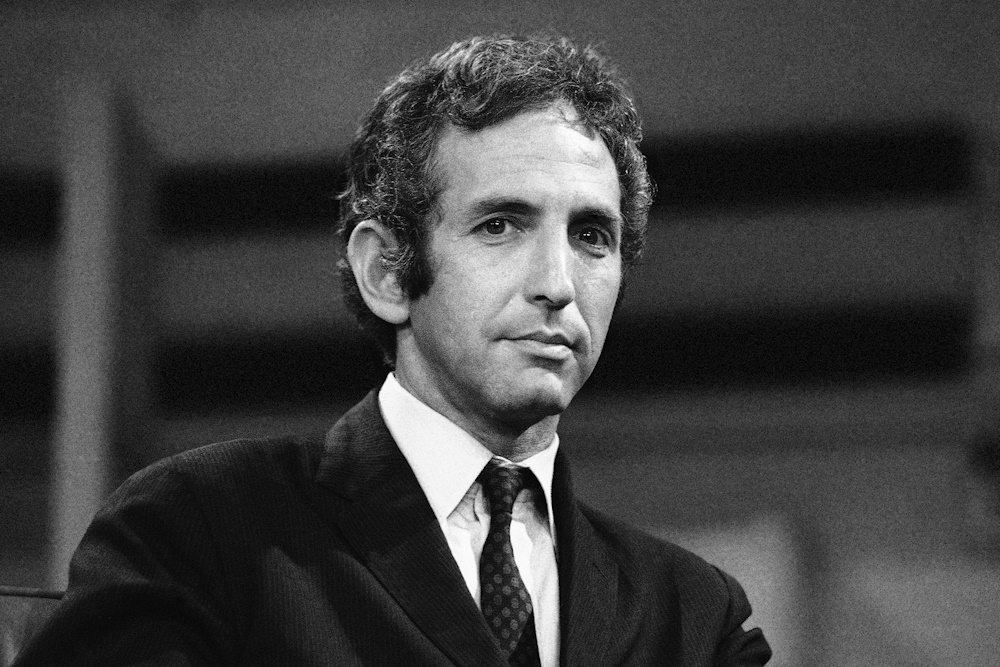Daniel Ellsberg was a political activist who exposed the Pentagon Papers, top-secret documents that analyzed U.S. involvement in the Vietnam War.
- Died: June 16, 2023 (Who else died on June 16?)
- Details of death: Died at his home in Kensington, California of pancreatic cancer at the age of 92.
- We invite you to share condolences for Daniel Ellsberg in our Guest Book.
Daniel Ellsberg’s legacy
Ellsberg was working at the Rand Corporation as a strategic analyst in the 1960s; in this capacity, he was part of the group who created the Pentagon Papers. Not long after the completion of that document, he began exploring the anti-war movement, becoming angry about the progress of the war. Ellsberg later said that he had an epiphany while listening to a speech by a draft resister who was shortly going to be sent to prison for his activism. Ellsberg – himself a U.S. Marine Corps veteran who had served in the 1950s – grew increasingly frustrated with U.S. involvement in Vietnam, to the point where he was determined he must act.
In 1969, Ellsberg secretly photocopied the Pentagon Papers, which contained evidence that the U.S. government was aware that the Vietnam War was likely unwinnable. They also noted that the government had concealed information from the public regarding the high numbers of U.S. military troops sent to Vietnam. It was a damning report, and when Ellsberg tried to share it with U.S. senators, he had no takers. But when he sent the report to the New York Times, it became front-page news, published on June 13, 1971.
The publication of the Pentagon Papers was the beginning of the series of events that led to the Watergate scandal and the resignation of President Richard M. Nixon. Before that happened, Ellsberg was charged with theft, conspiracy and violations of the Espionage Act. But his trial on those charges ended in a mistrial amid the chaos of the Watergate era.
In the years following the release of the Pentagon Papers, Ellsberg continued his political activism, speaking out against U.S. involvement in the Middle East, the Russian invasion of Ukraine, and other issues. He was also a prominent member of the anti-nuclear movement. He was a co-founder of the non-profit Freedom of the Press Foundation. Ellsberg was given honors including the Ron Ridenhour Courage Prize and the Gandhi Peace Award.
Notable quote
“When I copied the Pentagon Papers in 1969, I had every reason to think I would be spending the rest of my life behind bars. It was a fate I would gladly have accepted if it meant hastening the end of the Vietnam War, unlikely as that seemed.” —from a 2023 email Ellsberg sent to his friends and supporters






